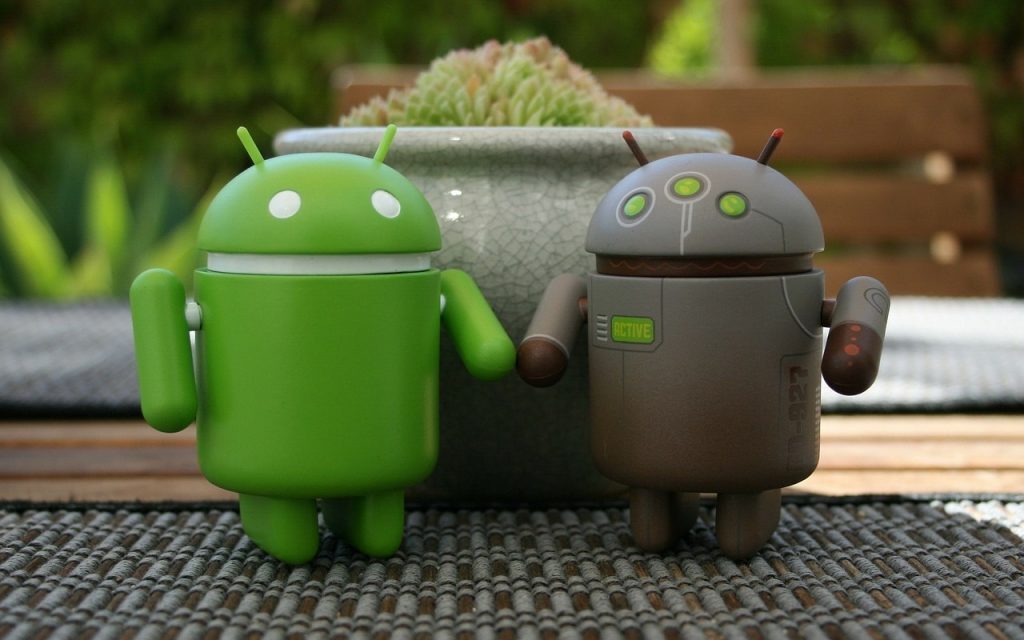Privacy conscious Android smartphone users may want to consider switching to a new OS. A recent study from the UK has found that devices sporting the Google-owned OS are riddled with privacy issues, such as app usage tracking and telemetry info being sniffed out and sent off to third parties. And there’s no way to opt-out.
Android auto-collection
The researchers focused on a range of brands offering Android-powered devices: Realme, Samsung, Xiaomi, and certain Huawei gadgets that aren’t on HarmonyOS. Their findings are… troubling.
According to the study, these devices collect a pretty substantial amount of sensitive user data, such as device identifiers, third-party app data, app usage over time, telemetry information, and more. This info is fed back to device vendors themselves and a handful of third-parties (like Microsoft and the ever data-hungry Facebook), as well as back to head-honcho Google itself.
What’s worse is that all of this data collection falls outside of any of Android’s opt-in opt-out data collection options, so selecting the coverall opt-out setting in your system settings does you no good on this front.
What’s more (yes, there’s more) is that much of this data travels through preinstalled apps that often can’t be uninstalled, meaning these data-collection avenues are open from the moment your turn your new phone on, and you can’t get rid of the apps responsible for opening them up.
The study goes on to outline how even if you reset your advertising identifiers, the last bastion of hope for some semblance of privacy here, these data-collection tools are sophisticated enough to look at your new info and link it back to your old info, leaving you no better off than you were before.
Your only way to truly escape this realm of data collection is to de-Google yourself and switch over to a different OS, like /e/OS, but that can often be more confusing and more trouble than it’s worth for the majority of Android users.
Google told Bleeping Computer, “While we appreciate the work of the researchers, we disagree that this behavior is unexpected – this is how modern smartphones work. As explained in our Google Play Services Help Center article, this data is essential for core device services such as push notifications and software updates across a diverse ecosystem of devices and software builds. For example, Google Play services uses data on certified Android devices to support core device features. Collection of limited basic information, such as a device’s IMEI, is necessary to deliver critical updates reliably across Android devices and apps.”
Which is exactly what it would say, isn’t it?



